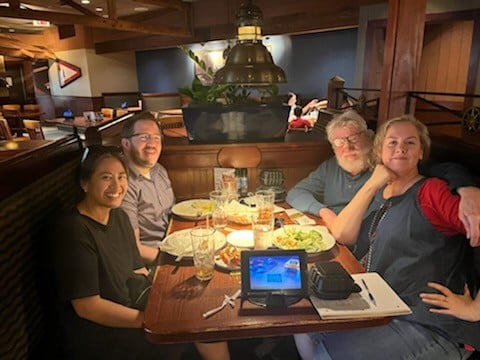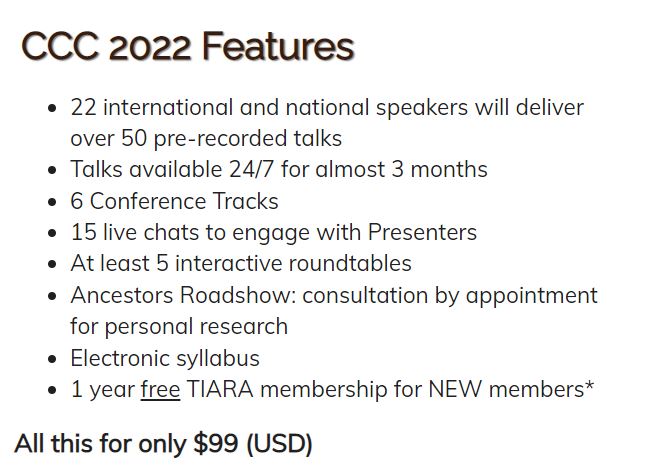Today, June 9, is International Archives Day and this is International Archives Week.
My early days of family and community history research were spent at the Minnesota State Archives. Then it was at a one-story building off Interstate 35E in Saint Paul. Today it’s part of the Minnesota History Center in downtown Saint Paul. Those days were well before online websites, catalogs, material descriptions, digitized material, and other helpful historical information.
Those early days introduced me to a wealth of finding aids for the records held in the building. I remember browsing the books section that held published archives books on records held at various archives beyond Minnesota. Some were from archives beyond the United States.
In the U.S., many state archives hold only local, county, and state government material, others hold records of businesses, organizations, and individuals. County and regional archives also hold a varying array of material.
College and university archives hold material related to the institution and many are combined with special collections with records from businesses, organizations, and individuals. Religious archives often have records from the denomination, individual churches, and some have records from the clergy and other individuals. Some have fantastic biographical material on such individuals. Some businesses have their own archives. County historical societies are another resource.
The U.S. National Archives in Washington, DC, and its regional locations around the country also hold my reverence. I’ve spent many weeks at some of these facilities pouring over original records that are not online. The websites only tell part of the reasons why original research is so vital. I drool while reviewing the Library and Archives Canada website.
Much of the material is not described online and some is not covered even minimally online. What is digitized or indexed online on an archives’ website or on our genealogy websites is only a small part of what awaits our discovery.
Be sure to thank those who keep these various archives operating, gathering, and preserving historical materials, and describing them so we know where to research. In general, these are not lucrative jobs!
Before this day ends, check out the website of the archives of a county, state, province, country, or religious entity that has a probable connection to your own ancestral family. See what you have been missing in your research journey. Learn what is online and what needs to be researched by an in-person visit. I guarantee you’ll need at least a few days to visit each.
Several archives to get you started:

